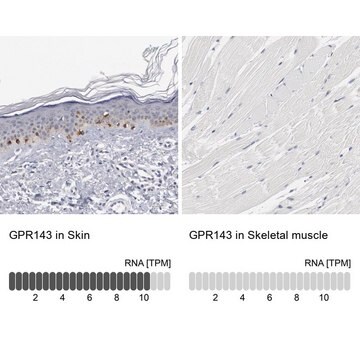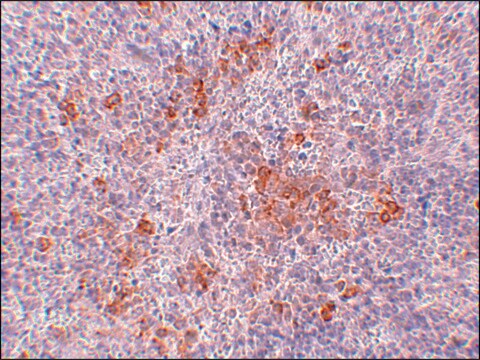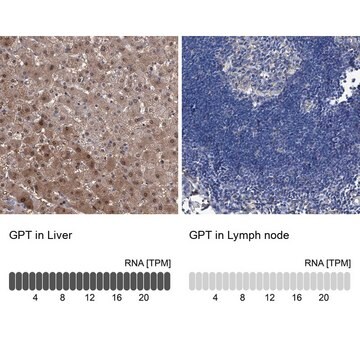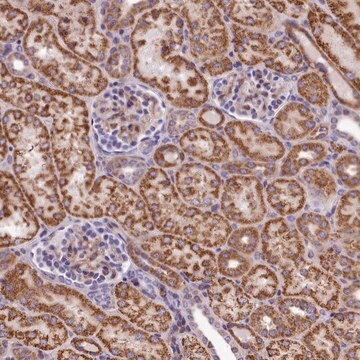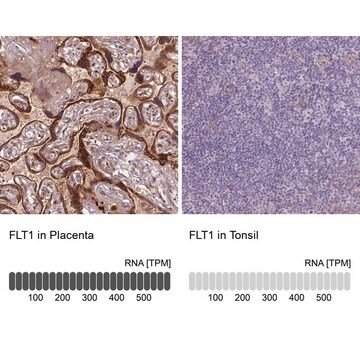SCP0045
Amyloid β 27-35 human
Anmeldenzur Ansicht organisationsspezifischer und vertraglich vereinbarter Preise
Alle Fotos(1)
About This Item
Empirische Formel (Hill-System):
C40H73N11O11S1
Molekulargewicht:
916.14
UNSPSC-Code:
12352200
NACRES:
NA.32
Empfohlene Produkte
Assay
≥95% (HPLC)
Form
lyophilized
Zusammensetzung
Peptide Content, ≥68%
Lagerbedingungen
protect from light
Lagertemp.
−20°C
Amino Acid Sequence
Asn-Lys-Gly-Ala-Ile-Ile-Gly-Leu-Met
Anwendung
Amyloid β (Aβ) refers to peptides derived from Amyloid precursor protein that vary in length from 36-43 amino acids. Aβ(s) peptides, their peptide fragments and mutated fragments are used to study a wide range of metabolic and regulatory functions including activation of kinases, regulation of cholesterol transport, function as a transcription factor, and regulators of inflammation. Aβ(s) peptides and their peptide fragments are also used to study oxidative stress, metal binding and mechanisms of protein cross-linking in the context of diseases such as Alzheimer′s disease and neurodegeneration.
Lagerklassenschlüssel
11 - Combustible Solids
WGK
WGK 1
Flammpunkt (°F)
Not applicable
Flammpunkt (°C)
Not applicable
Hier finden Sie alle aktuellen Versionen:
Analysenzertifikate (COA)
Lot/Batch Number
Die passende Version wird nicht angezeigt?
Wenn Sie eine bestimmte Version benötigen, können Sie anhand der Lot- oder Chargennummer nach einem spezifischen Zertifikat suchen.
Besitzen Sie dieses Produkt bereits?
In der Dokumentenbibliothek finden Sie die Dokumentation zu den Produkten, die Sie kürzlich erworben haben.
Wah Chin Boon et al.
Behavioural brain research, 209(1), 27-35 (2010-01-21)
The aim of this study was to characterize APPC100.V717F transgenic (TgC100.V717F) mice which over-express a mutant C100 fragment of the amyloid precursor protein. The mice were compared to TgC100 wild type mice (TgC100.WT) and non-transgenic controls at 4-9 and 16-22
Unser Team von Wissenschaftlern verfügt über Erfahrung in allen Forschungsbereichen einschließlich Life Science, Materialwissenschaften, chemischer Synthese, Chromatographie, Analytik und vielen mehr..
Setzen Sie sich mit dem technischen Dienst in Verbindung.
